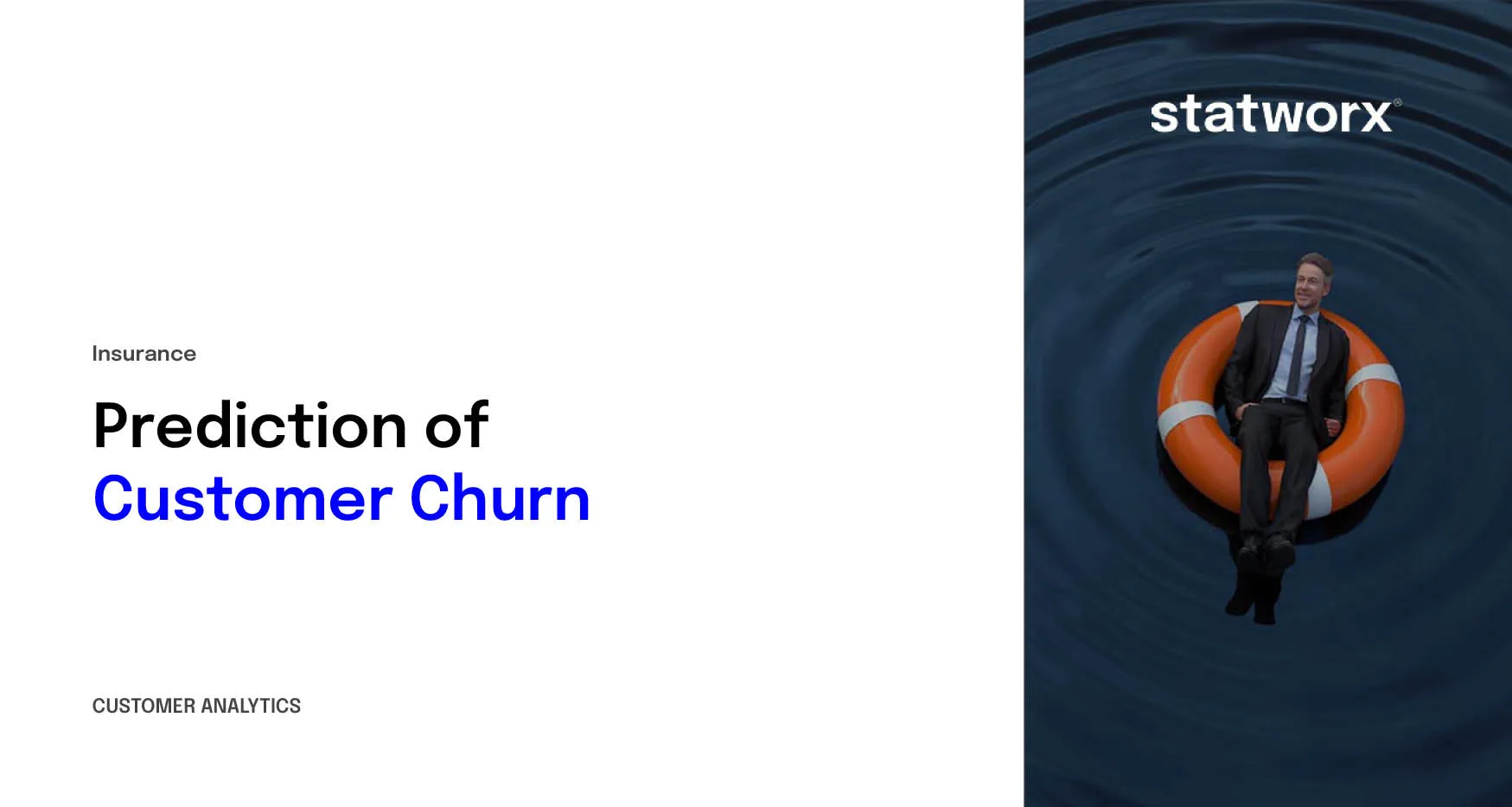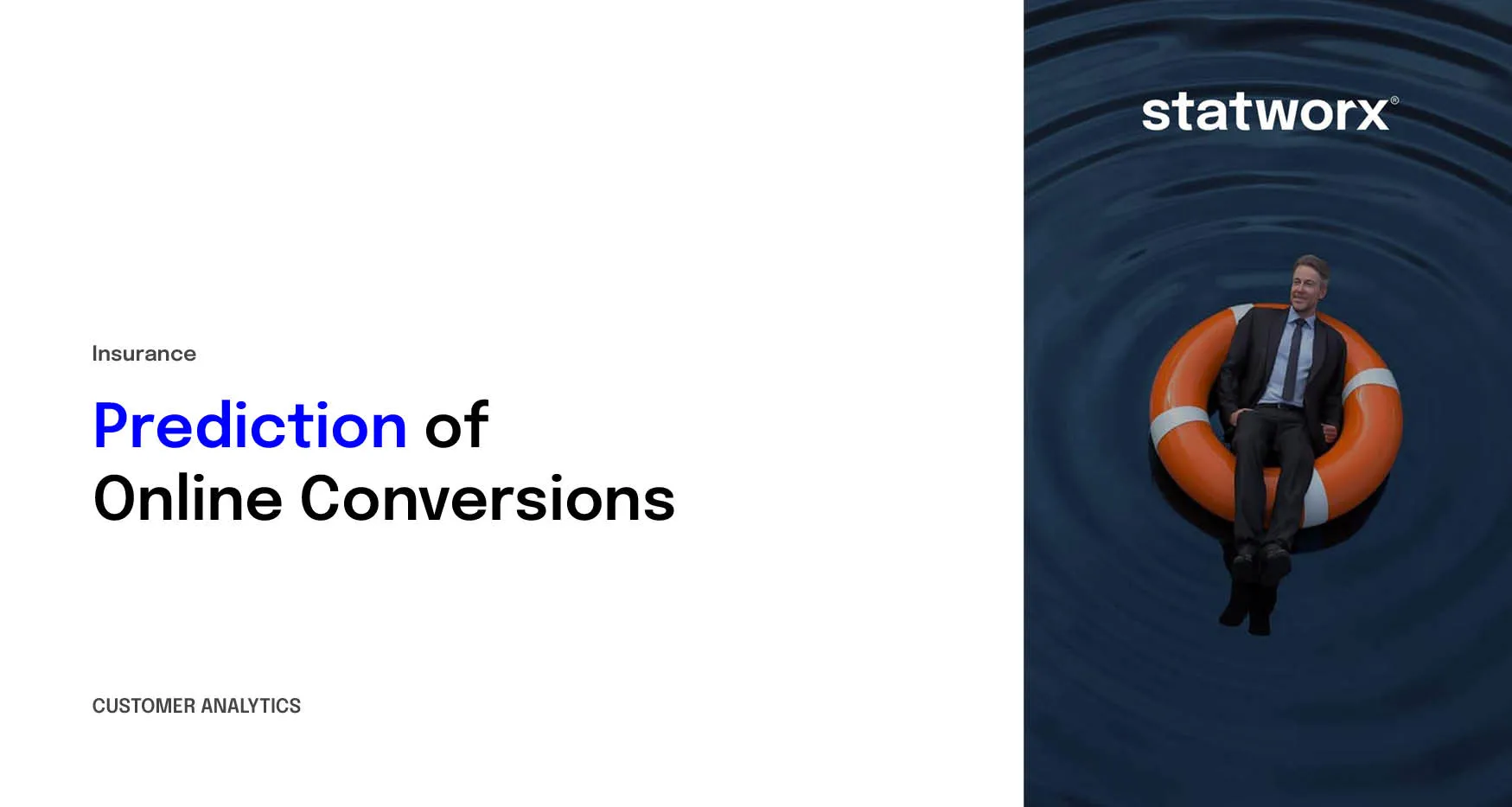
For decades, insurance companies like yours have been collecting large amounts of Data. This Data forms the basis for important business decisions, such as assessing risks, setting premiums, and managing claims. But only through the use of AI can you truly utilize these Data volumes efficiently. The use of AI in Insurance makes it possible to analyze risks more precisely and to create better forecasts. This allows you, for example, to create personalized offers and assess risks more accurately—benefiting both you as an insurer and your customers.
AI can help you in many other applications as well: You can identify customers at risk of churning and take timely countermeasures. Modern chatbots and digital assistants significantly improve customer service. In addition, AI-supported risk assessment enables the automated analysis of individuals, companies, or objects. data-based recommendation systems help suggest the right insurance products to customers and, for example, predict online conversions or product affinities.
A well-thought-out AI strategy enables companies to clearly define their specific goals, identify areas of application and manage the use of AI technologies in a targeted manner. This ensures that all AI initiatives are coordinated with overarching corporate goals and that a solid infrastructure, reliable data base and the necessary expertise are available. Strategic planning minimizes risks, increases acceptance and lays the foundation for sustainable success with AI.
Our advice on AI strategy forms the basis for the data-driven and AI-based transformation of your company. Together, we will work out how you can strategically implement the transformation and select the most promising deployment options for your company.





































































































